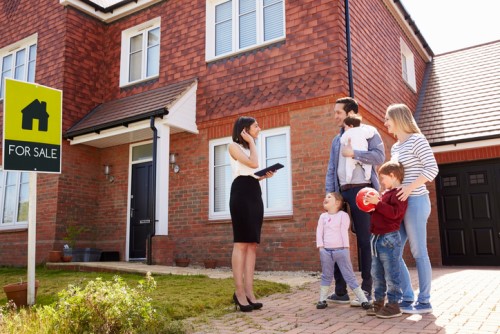Those expecting another price boom may be disappointed

The New Zealand housing market remains buoyant as it heads into the peak summer selling season, but those expecting another price boom may be disappointed.
Greg Ninness of Interest.co.nz expects a surge in new listings as the 2020 selling season approaches, but advised property owners and buyers not to expect a return of the boom in prices that was prevalent prior to 2017.
The Reserve Bank of New Zealand (RBNZ)’s latest mortgage lending figures revealed that most of the growth in new lending has been to first home buyers and investors while lending to existing homeowners climbing the property ladder has been almost flat.
“That suggests demand is greatest at the lower to middle end of the market, where price affordability is much more of an issue for buyers,” Ninness explained. “Additionally the benefit of lower mortgage interest rates is probably already fully factored in to buyers’ decision making. So rather than a steady upward swing in prices, we are more likely to see a pattern where they briefly rise when mortgage interest rates are cut and then flatten out.”
Read more: Economists' house price forecast 'may come good even sooner than expected'
Ninness also expects major housing developments from Kainga Ora and KiwiBuild this year, bringing to light the government’s decision to lift Kainga Ora’s borrowing limit by $4.05 billion to $7.1 billion.
“The increased limit provides headroom for future debt issuance, helping us to continue financing much-needed warm, dry and safe houses across New Zealand,” Kainga Ora said.
Housing Minister Megan Woods confirmed that the social housing agency had already delivered more than 3,400 additional public homes and had begun work to upgrade thousands of older homes.
“This extra $4b will enable Kāinga Ora to continue to deliver more public housing of the right size in the right place. This includes progressing large scale urban developments in Northcote, Mangere, Mt Roskill and Oranga, which will deliver around 22,000 new homes over the next 10 to 15 years in Auckland. The majority of these costs are for infrastructure,” Woods explained.



